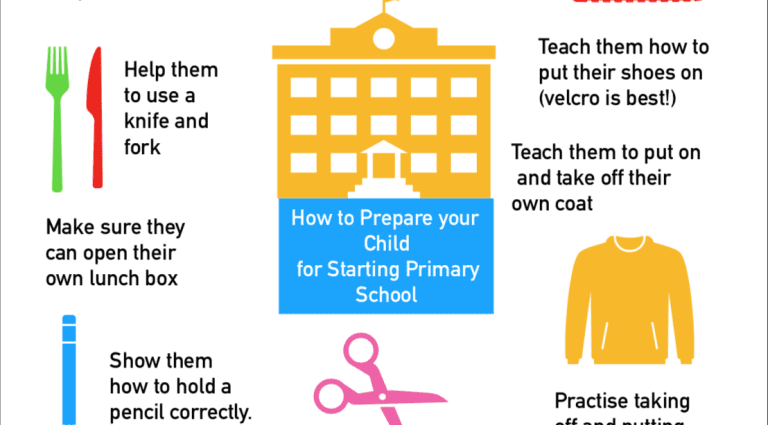1. We return to the training regime of the day in August.
There is hardly a child whose daily routine has not changed over the summer. And not for the better. It’s time to remember the school schedule.
During the last week of August, wake up your child at the time he will wake up from September 1. If the student has a hard time getting himself to wake up at the alarm in the morning, remind him that he can always make up for sleep in the quiet hour of the day. Agree that the student should be in bed at 10 pm, even if he is not yet sleepy. Support the student with your example – go to bed and get up early.
2. We have a rest in the fresh air.
If the child spent the summer at sea or in the countryside, then it is better to return home at least a week before the start of school. This is important for both acclimatization and psychological adaptation. But this does not mean that now you have to sit at home. Get the whole family out into the fresh air as often as possible:
Don’t let your child hang out in front of a TV, computer, or tablet. Go on bike rides, ride scooters, roller skates, go to picnics, visit an amusement park. Have a family photo session outdoors. If the child doesn’t want to go anywhere, think back to your last general hit and remind you how much fun it was.
3. We are engaged in psychological adjustment to study.
Family conversations during the last ten days of vacation should gradually shift towards school. Discuss what teachers and subjects will appear in the coming year. Explain why these items are needed. Ask your child to recall the funniest (or even more than one!) Incident from the last school year. If there are already textbooks, leaf through them together. Show your child your curiosity. Explore the literature program and visit museums relevant to several topics.
4. Choosing school accessories.
Buy notebooks, pens, pencils, paints, diary, satchel or bag. Choose a school uniform or, if not available, the clothing your student will wear to class.
5. We discuss plans for the next school year.
It is important for a child, and even for parents, to understand what awaits them in the new school year. It is easier and more interesting to walk along a path that has already been paved. Discuss if the student still wants to go to the drawing class or would like to go to the pool as well. Plan for achievements: be sure to learn to swim or try to get a B in Russian at least in one quarter. The child, making plans, is already ready to move on to the next stage – an attempt to fulfill them.
6. We are engaged in physical education.
Active sports and a contrast shower will strengthen the health of the student and prepare his body for stress. Get into a new family habit: every morning for 10-15 minutes to do exercises with your child to the energetic and favorite music of the child. Then – a contrast shower: 1–2 minutes hot water (37–39 degrees), 10–20 seconds cool (20–25 degrees), alternate 5–10 times, and rub with a towel at the end.
7. We eat right.
Summer holidays are the time when children relax in everything: in the daily routine, and in discipline, and in nutrition. It’s time to remember what proper nutrition is. Eliminate chips, soda, chocolates in unlimited quantities. Return grain bread, cottage cheese with berries, freshly squeezed juice and oatmeal to the diet.
8. Start learning.
In three months the child has already forgotten how to write and count. It’s time to remember. Arrange a game or competition, who will remember the multiplication table faster, read the roles of the fairy tale. Buy a board game that has a lot of counting. As you return to school, remember to reassure the student and repeat that he is good at it.










